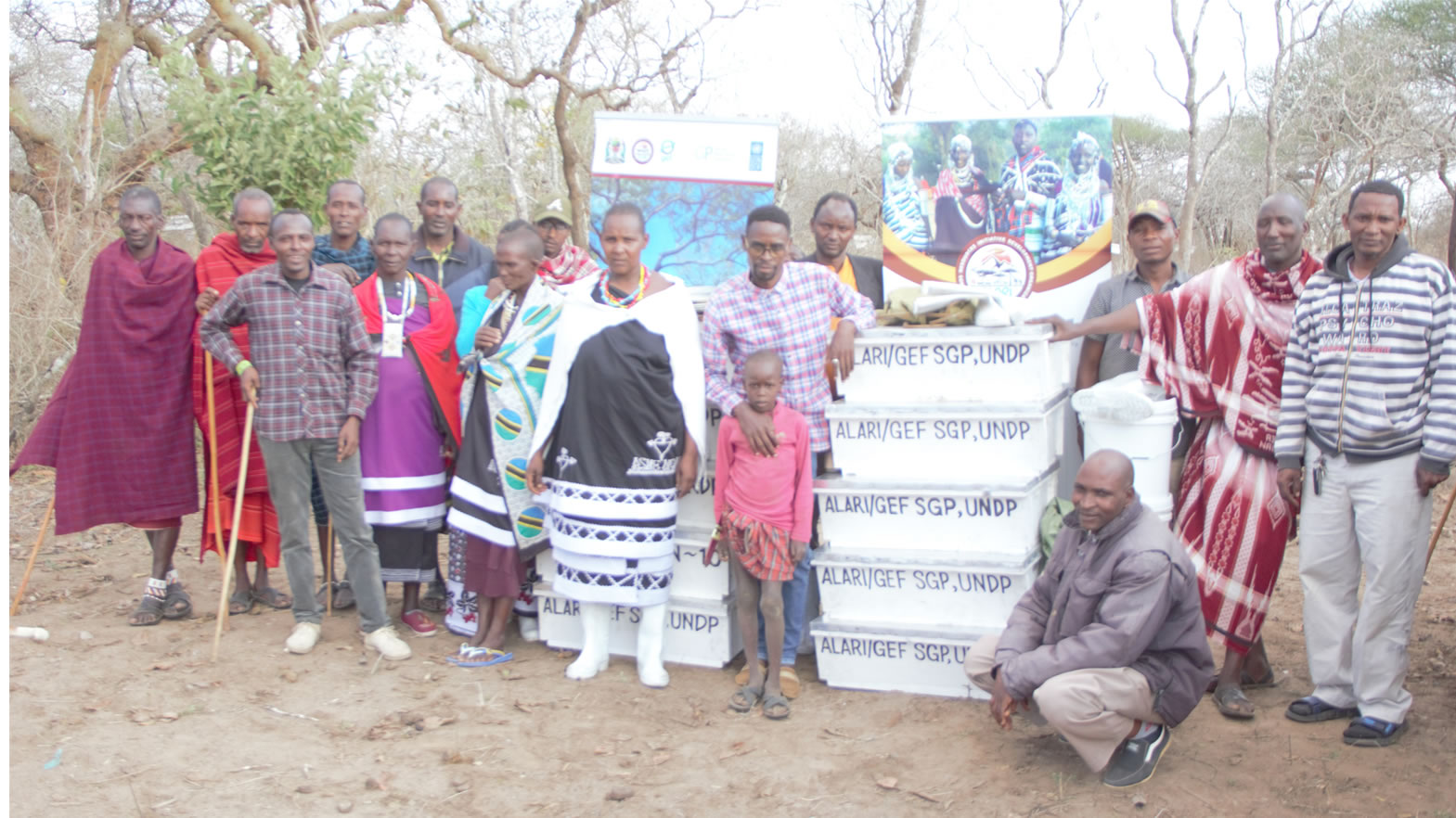
Gender Equity and Women Empowerment
1. Operating Context
ALARI works with target communities which are pastoralist in which gender inequality is institutionalised. Ownership, access and control over resources are all organised around social institutions which are gendered. Age set, clan and territorial sections have strict hierarchical principles and practices that regulate access, ownership and rights over resources as well as leadership positions. The target socieities have strong cultural practices which favour men and the status of women is defined as associated of men i.e. wives, mothers, sisters and daughters.
ALARI Gender and women development programme was designed to strategically engage both women and men fully in development processes; trans-forming such instituions and creating a society in gender equity plays a central role.
2. Strategic Objective
to improve working and living conditions of women, enhancing their status while empowering women politically, economically, socially, legally and psychologically


